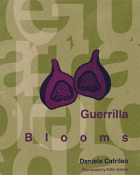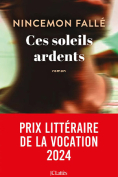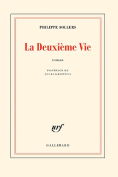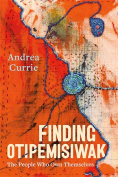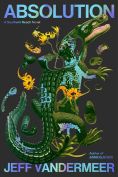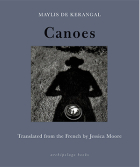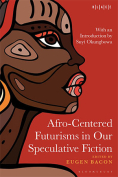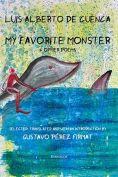Absolution: A Southern Reach Novel by Jeff VanderMeer
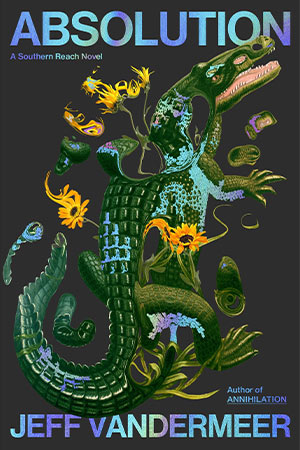
New York. MCD. 2024. 464 pages.
A decade ago Jeff VanderMeer published Annihilation, Authority, and Acceptance, three novels telling one story about a strip of land along the northwest coast of Florida, called “Area X” ever since a strange force fell out of space and cut it off from the rest of the world. A government agency called the Southern Reach sends expeditions across the border to study Area X. Once there, the expedition members witness surreal and terrifying alterations of nature. They lose their minds. They usually don’t return. When they do, they can’t remember how they got back, and they’re changed in haunting ways. They die of cancer within months. The novels center on the twelfth of these expeditions, and when it begins, the Southern Reach has been doing this for thirty years.
Why does the agency keep going back? Why does it keep sending people to die in this bizarre place? VanderMeer gives you a dozen clues, but they never add up. The point isn’t the mystery, it’s the metaphor, and this metaphor has drawn VanderMeer back to Area X with Absolution, a phenomenal new novel set in the world of the Southern Reach trilogy.
Absolution is itself a kind of trilogy. Its three parts tell of three separate expeditions into Area X. The first takes place twenty years before the border came down, and it’s an extraordinary piece of detective fiction, a disorienting mystery about a “pre-expedition” of biologists commissioned by Central (the Reach’s parent agency).
No one’s sure what these biologists were up to exactly, especially the native Floridians who couldn’t help noticing as they set up camp and began sampling the local plant and animal life. Innocuous enough behavior for scientists, but releasing alligators with tracking devices strapped to their bodies? And why did swarms of rabbits suddenly appear after the biologists arrived? Rabbits with inexplicable, seemingly biological cameras hanging off their bodies?
Something terrible happens to these men and women, and the second part of Absolution takes place nearly twenty years later, a year and a half before the border comes down. Central sends an agent to the coast to study what happened to the biologists, and he’s sent with a partner who’s a perfect doppelgänger of the runaway daughter he hasn’t seen in years.
This sort of doubling happens a lot in Absolution. I blame Freud; his essay The Uncanny seems responsible for much of what drives the Southern Reach novels. Freud said the uncanny effect in literature is strongest when something repressed, particularly something taboo, returns to us in a form that looks human but isn’t. He notes the frequent appearance of doppelgängers in uncanny fiction, and in Absolution, the agent’s lost daughter is certainly a metaphor for something that’s been repressed. But what is it? Well, what else could it be? It’s the clanging voice of panic going off in everyone’s lizard brains at the effects of our rolling planetary catastrophe. The wildfires. The floods. The collapsing ecosystems.
Area X is a metaphor for these mutations we can’t stop, this process that’s too big and cataclysmic for us to comprehend. Climate change means we all live in Area X now, and three things happen quickly whenever you cross the border: Nature stops making sense. People start losing their minds. And Area X itself begins to speak. Along the wall of a tower in Annihilation, the expedition members discover glowing spores writing out an endless litany: “Where lies the strangling fruit that came from the hand of the sinner I shall bring forth the seeds of the dead to share with the worms . . .”
Is this nonsense? AI-style gibberish? Or is there a signal coming through? What does it mean that whatever haunts Area X is, in some way, a writer? Isaac Babel said if the world could write itself, it would write like Tolstoy. If our natural world under this slow apocalypse could write itself, it might write like Jeff VanderMeer. At one point in Absolution he compares Area X to “the stained-glass window of some fucked-up nature church.” What better way to describe the Southern Reach novels themselves, works of art that could not exist without that sense of climate doom thrumming away inside them all.
By the novel’s third part, when the border’s been down a year and the first expedition into Area X falls apart in a bacchic frenzy of madness and slaughter, you see that VanderMeer wasn’t building a puzzle box to be solved but rendering expressionistically the strangeness of life amidst the horrors of climate change. And even, perhaps, finding beauty there.
Brian Ted Jones
Oklahoma City


